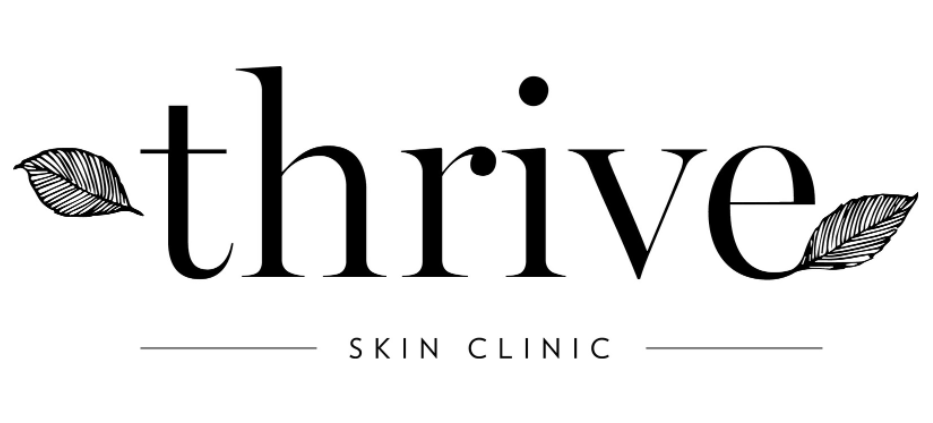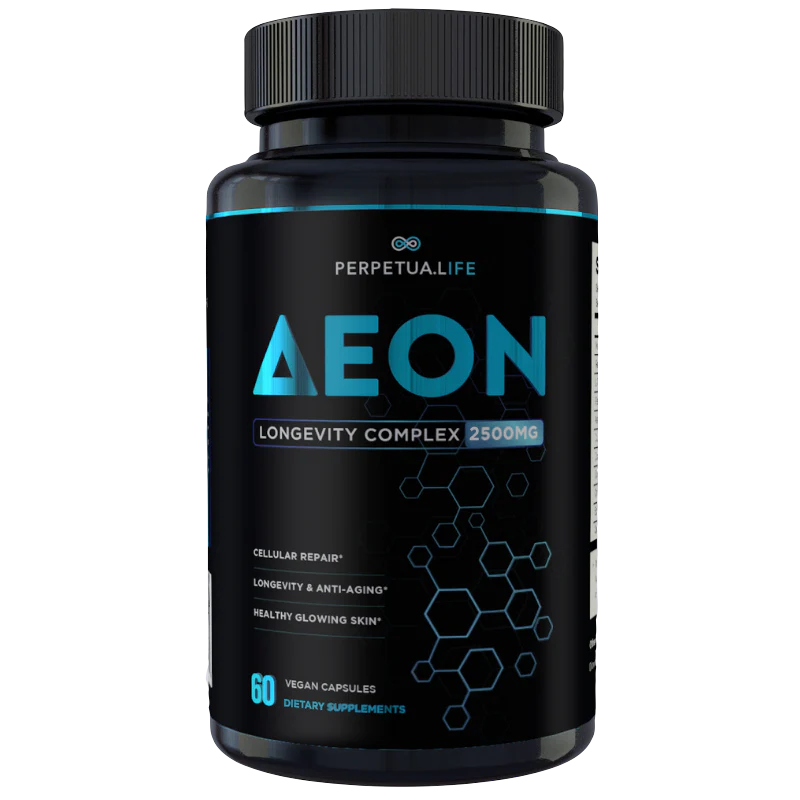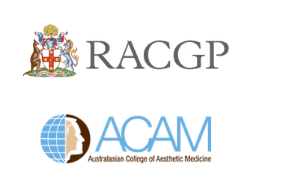✨ NMN - the supplement you should be taking to improve skin, health & prevent ageing.
/by Dr. Jemima Grant. MBBS(Hons) BSc(Med) BA FRACGP FACAM @drjemimagrant
Did you know you can improve energy production, health & ageing with a simple supplement?
FACT: By middle age, your intracellular energy potential is half that of our youth. A bit depressing, but I am feeling this right now.
Reduction in energy production is why we age.
why we feel tired, put on weight and get wrinkles as we age.
why we get heart disease, cancer & jowls.
The good news is, we can increase this production through our diet (by eating less) and lifestyle.
In the last few months, I have been doing a deep dive into metabolism and the genetic pathways that determine how and why we age. This type of information is not even in textbooks yet! One of the things I have learnt is that we can mitigate some of the metabolic impacts of ageing and disease by taking supplements to regulate our metabolic function, reduce our blood sugar and improve the ability of our body to read and replicate DNA.
🌟 The star compound here are NMN (Nicotinamide Mononucleotide) which is a form of Vitamin B3 that increases NAD+ (nicotinamide adenine dinucleotide), a coenzyme present in all living cells and central to healthy DNA expression and energy production.
While I could write a very long essay on metabolic health and production, the take home message is that when we boost intracellular NAD+, this increases insulin sensitivity, reverses mitochondrial dysfunction, gives us more energy and extends healthy lifespan.
Full disclosure - this is such a new field in medicine there are no published human trials yet confirming longevity (but there are a lot in the pipeline. It takes decades to do this kind of research).
HOWEVER, there is good research supporting improvements in ovarian reserve in women and improved muscle function, performance and sleep in older men. There is also a good study supporting safety for NMN supplements up to 900mg in middle aged, healthy people.
As an early adopter in the field of medicine and one who seeks to live a longer and healthier life as much as possible, I have started taking NMN every day. I have chosen to take a product called AEON Age Support Supplement NMN (NAD+) 11-Complex, an age support supplement containing 11 compounds that all have a solid evidence base to support healthy ageing and metabolism. My journey towards improving my metabolism (and yours!) won't be an instant effect, but I am happy to be on a path of curiosity, and I invite you to follow me!
✨✨ AEON' STAR ingredients:
Nicotinamide Mononucleotide (Liposomal) - 500mg
Quercetin (from Sophora japonica) - 500mg
Trans-resveratrol (from Polygonum cuspidatum) - 400mg
L-Theanine - 200mg
Fisetin (from Rhus succedanea stem) - 100mg
Astragalus (from Astragalus membranaceus) - 200mg
Tetrahydrocurcumin (from Curcuma Longa) - 200mg
Collagen (from Marine Tripeptide CTP) - 100mg
CoQ10 (as Ubiquinol) - 100mg
Crocin (from Crocus sativus) - 100mg
Epigallocatechin Gallate (from Camellia sinesis) - 100mg
💊💊 DOSE: Take 2 capsules in the morning, with a teaspoon of yogurt or oil (this increases the absorption of resveratrol).
💰💰 COST: RRP $120 AU via our general skin shop online.
If you purchase each compound separately, the cost would be north of $350 month.
COMPOUNDS IN AEON™
Below is a break down of the origin, and effects of each ingredient in AEON™ , including links to independent, peer-reviewed studies to back up each claim.
I’ve also included links and a podcast below.
Nicotinamide Mononucleotide
Nicotinamide mononucleotide (NMN) is a precursor to nicotinamide adenine dinucleotide (NAD+).
NAD+ is a compound found in every cell in your body and involved in many critical processes, including energy metabolism, DNA repair, and gene expression (22, 23).
NAD+ levels decline with age, and this decline is thought to be associated with accelerated physical decline and the onset of age-related diseases like Alzheimer’s (23).
Animal studies have shown that supplementing with NAD+ precursors NMN and NR restores NAD+ levels and prevents age-related physical decline.
For example, a study in aging mice demonstrated that supplementing orally with NMN prevented age-associated genetic changes and improved energy metabolism, physical activity, and insulin sensitivity (24).
Additionally, a 2019 study in 12 men with an average age of 75 showed that supplementing with 1 gram of Nicotinamide daily for 21 days increased NAD+ levels in skeletal muscle and reduced levels of inflammatory proteins in the body (25).
Fisetin
Fisetin is a flavonoid compound that’s considered a senotherapeutic, meaning it can kill senescent cells.
Fisetin as an anticancer agent targeting the growth signaling pathways (F01).
Fisetin and Its Role in Chronic Diseases (F02).
Fisetin: A bioactive phytochemical with potential for cancer prevention and pharmacotherapy (F03).
Fisetin and Quercetin: Promising Flavonoids with Chemopreventive Potential
(F03).
Rodent studies suggest that it may reduce the number of senescent cells in tissues and extend lifespan (41).
Fisetin: a dietary antioxidant for health promotion (F04)
Exploring the molecular targets of dietary flavonoid fisetin in cancer (F05).
Quercetin
Quercetin is a plant pigment (flavonoid). It is found in many plants and foods, such as red wine.
Quercetin has antioxidant and anti-inflammatory effects which might help reduce inflammation, kill cancer cells, control blood sugar, and help prevent heart disease (Q1).
Quercetin in cancer prevention and therapy (Q2).
Fisetin and Quercetin: Promising Flavonoids with Chemopreventive Potential
(F03).
Quercetin: A functional dietary flavonoid with potential chemo-preventive properties in colorectal cancer (Q3).
A preliminary investigation demonstrating the effect of quercetin on the expression of genes related to cell-cycle arrest, apoptosis and xenobiotic metabolism in human CO115 colon-adenocarcinoma cells using DNA microarray (Q4).
Quercetin, caffeic acid and Resveratrol regulate circadian clock genes and aging-related genes in young and old human lung fibroblast cells (Q4).
Resveratrol
Resveratrol is a polyphenol in grapes, berries, peanuts, and red wine that may promote longevity by activating certain genes called sirtuins. It has been shown to increase the lifespan of fruit flies, yeasts, and nematodes (42).
Effects of Resveratrol and other Polyphenols on Sirt1: Relevance to Brain Function During Aging (R4)
Resveratrol, an Nrf2 activator, alleviates aging-related progressive renal injury (R3)
Role of resveratrol in regulation of cellular defense systems against oxidative stress (R2).
Effect of resveratrol and pterostilbene on aging and longevity (R1).
Resveratrol improves oxidative stress and prevents the progression of periodontitis via the activation of the Sirt1/AMPK and the Nrf2/antioxidant defense pathways in a periodontitis model (R5).
Quercetin, caffeic acid and Resveratrol regulate circadian clock genes and aging-related genes in young and old human lung fibroblast cells (Q4).
Astragalus
Astragalus membranaceus is a stress-reducing herb used in traditional Chinese medicine. It may help combat aging by reducing oxidative stress, promoting immune function, and preventing cellular damage (40).
Astragalus polysaccharide exerts anti-Parkinson via activating the PI3K/AKT/mTOR pathway to increase cellular autophagy level in vitro (A2).
Astragalus membranaceus: A Review of its Protection Against Inflammation and Gastrointestinal Cancers (A1).
Discovery of potent telomerase activators: Unfolding new therapeutic and anti-aging perspectives with astragalus (A3).
Experimental and clinical studies of mechanisms of the anti-aging effects of chemical compounds in Astragalus membranaceus (A4).
Astragalus (a traditional Chinese medicine) for treating chronic kidney disease (A5).
Curcumin
Curcumin — the main active compound in turmeric — has been shown to possess powerful anti-aging properties, which are attributed to its potent antioxidant potential.
Cellular senescence occurs when cells stop dividing. As you age, senescent cells accumulate, which is believed to accelerate aging and disease progression (2, 3).
Research demonstrates that curcumin activates certain proteins, including sirtuins and AMP-activated protein kinase (AMPK), which helps delay cellular senescence and promotes longevity (4, 5).
Plus, curcumin has been shown to combat cellular damage and significantly increase the lifespan of fruit flies, roundworms, and mice. This compound has been shown to postpone age-related disease and alleviate age-related symptoms as well (6, 7).
This may be why turmeric intake has been associated with a reduced risk of age-related mental decline in humans (8).
Epigallocatechin Gallate (EGCG)
Epigallocatechin gallate (EGCG) is a well-known polyphenol compound concentrated in green tea. It offers impressive health benefits, with research supporting its use to reduce the risk of certain cancers, as well as other health conditions like heart disease (9, 10, 11).
Among EGCG’s diverse array of potential health-promoting properties is its ability to promote longevity and protect against age-related disease development.
EGCG may slow aging by restoring mitochondrial function in cells and acting on pathways involved in aging, including the AMP-activated protein kinase signaling pathway (AMPK).
It also induces autophagy, the process by which your body removes damaged cellular material (12).
EGCG intake has been associated with a reduced risk of all-cause mortality, diabetes, stroke, and heart-disease-related death. Plus, animal studies have shown that it can protect against skin aging and wrinkles caused by ultraviolet (UV) light (13, 14, 15).
Collagen
Collagen is promoted as a fountain of youth for its potential to reduce the appearance of skin aging.
It’s an integral component of your skin that helps maintain skin structure. As you age, collagen production slows, leading to collagen loss in the skin that accelerates signs of aging like wrinkles.
Some research suggests that supplementing with collagen may reduce signs of aging, including wrinkles and dry skin.
For example, a 2019 study in 72 women demonstrated that taking a supplement that contained 2.5 grams of collagen — along with several other ingredients, including biotin — per day for 12 weeks significantly improved skin hydration, roughness, and elasticity (16).
Another study in 114 women found that treatment with 2.5 grams of collagen peptides for 8 weeks significantly reduced eye wrinkles and increased collagen levels in the skin (17).
L-Theanine
L-theanine is an amino acid concentrated in certain teas, including green tea. It may help protect against mental decline and has been shown to extend the lifespan of roundworms by around 5% (35, 36).
l-Theanine attenuates liver aging by inhibiting advanced glycation end products in d-galactose-induced rats and reversing an imbalance of oxidative stress and inflammation (T1).
Protective Effect and Mechanism of Theanine on Lipopolysaccharide-Induced Inflammation and Acute Liver Injury (T2).
L-Theanine extends lifespan of adult Caenorhabditis elegans (T3).
The neuropharmacology of L-theanine(N-ethyl-L-glutamine): a possible neuroprotective and cognitive enhancing agent (T4).
l-Theanine Prevents Long-Term Affective and Cognitive Side Effects of Adolescent Δ-9-Tetrahydrocannabinol Exposure and Blocks Associated Molecular and Neuronal Abnormalities in the Mesocorticolimbic Circuitry
(T5).
CoQ10
Coenzyme Q10 (CoQ10) is an antioxidant that your body produces. It plays essential roles in energy production and protects against cellular damage (18).
Research suggests that levels of CoQ10 decline as you age, and supplementing with it has been shown to improve certain aspects of health in older individuals.
For example, a study in 443 older adults demonstrated that supplementing with CoQ10 and selenium over 4 years improved their overall quality of life, reduced hospital visits, and slowed the deterioration of physical and mental performance (19).
CoQ10 supplements help reduce oxidative stress, a condition characterized by an accumulation of free radicals and other reactive molecules that accelerates the aging process and onset of age-related disease (20, 21).
CoQ10 as A Promising Anti-aging Agent for Neurological Dysfunction in Brain Mitochondria (Q1).
Ubiquinone (coenzyme q10) and mitochondria in oxidative stress of parkinson's disease (Q2).
Crocin
Crocin is a yellow carotenoid pigment in saffron, a popular, pricey spice that’s commonly used in Indian and Spanish cuisine.
Human and animal studies have shown that crocin offers many health benefits, including anticancer, anti-inflammatory, anti-anxiety, and antidiabetic effects (28).
Aside from the properties listed above, crocin has been researched for its potential to act as an anti-aging compound and protect against age-related mental decline (29).
Test-tube and rodent studies have demonstrated that crocin helps prevent age-related nerve damage by inhibiting the production of advanced glycation end products (AGEs) and reactive oxygen species (ROS), which are compounds that contribute to the aging process (30, 31).
Crocin has also been shown to help prevent aging in human skin cells by reducing inflammation and protecting against UV-light-induced cellular damage (32, 33).
Given that saffron is the most expensive spice in the world, a more cost-effective way to boost your crocin intake is by taking a concentrated saffron supplement.
LINKS
REVIEW OF LITERATURE (easy to read):
https://www.ncbi.nlm.nih.gov/pmc/articles/PMC7238909/IMPROVES OVARIAN RESERVES IN WOMEN:
https://www.sciencedirect.com/science/article/abs/pii/S0955286321003314IMPROVES MUSCLE FUNCTION AND MOBILITY IN OLDER MEN:
https://www.nature.com/articles/s41514-022-00084-zSAFETY IN MIDDLE AGED PATIENTS:
https://link.springer.com/article/10.1007/s11357-022-00705-1
#nmn #quercetin #LTheanine #antiageing #nad #health #longevity #radiantskin #thriveskinclinic #aestheticdoctor #skintips #healthyageing #antiageing supplement #vitalitysupplement #biohack #biohacking #bodyhack

















